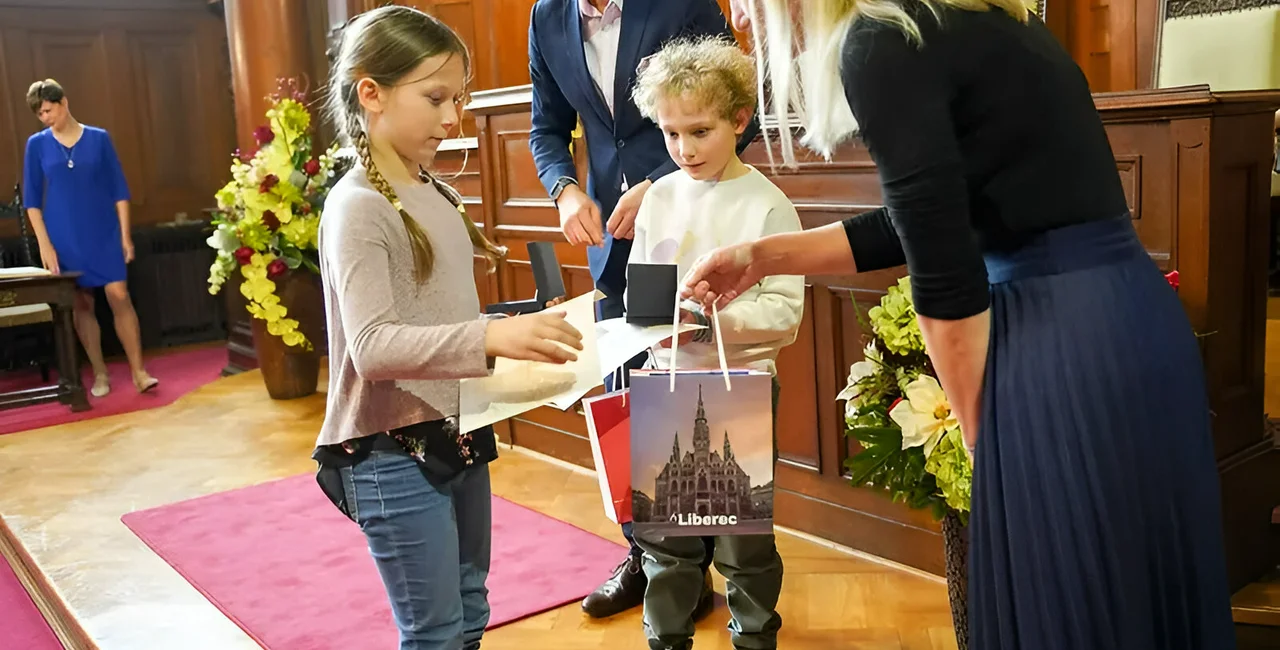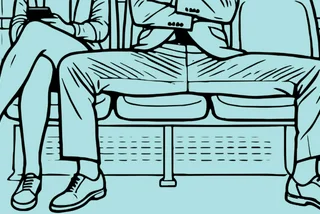CORRECTION: An earlier headline indicated that the rescuers were both girls.
As adults passed by without intervening, two nine-year-old schoolchildren stepped in to stop a violent street attack in Liberec, raising fresh questions about public apathy and civic responsibility in the Czech Republic.
Nikola Bohatová and Eliáš Salanský, both third-grade students at Husova Elementary School, were on their way to music lessons last autumn when they saw two men chase down a woman, knock her to the ground, and begin strangling her with an umbrella. Bystanders walked past the scene without offering help, the children later told local media.
“The lady was lying there, and they were standing over her,” Nikola told Novinky.cz. “We were looking for someone who could help us. But everyone was walking in circles around her.”
Instead of looking away, the children ran to find a police officer and reported what they had witnessed. Thanks to their quick reaction, the officer was able to intervene and detain both assailants. The woman was rescued without further injuries.
The children were honored this week by the city of Liberec with a civic medal for exceptional bravery. “While the adults ran away, they weren’t afraid,” said Nikola’s mother, Sabina Bohatová. Their school principal, Blanka Lukeš Reindlová, called their actions “admirable and inspiring.”
The incident has sparked broader debate in the Czech Republic over the so-called bystander effect, where individuals fail to act during emergencies when others are present.
In recent years, there have been notable cases where bystanders failed to act during public assaults. For instance, in Prague, a tram driver assaulted Ukrainian passengers, and despite the presence of other commuters, no one intervened.
'Bystander effect' common in Czechia
Research suggests the bystander effect is present in Czechia, with people less likely to help when more witnesses are around. Czech teens show higher aggression rates than peers in nearby countries, possibly reflecting broader social attitudes about intervention.
In contrast, studies from Western Europe show higher intervention rates. Lower awareness of domestic violence in Czechia may also reduce action, highlighting the need for more public education and intervention campaigns.
Ongoing civic campaigns have encouraged people to intervene—or at least alert authorities—when witnessing public violence or crime.
One such campaign, launched last summer and spearheaded by Prague’s transport authority ROPID and the NGO Konsent, empowers bystanders to speak up when witnessing harassment on public transport.
An associated study conducted by these organizations found that one-third of passengers who witness harassment do not react to such incidents.
Experts say fear of legal consequences, personal safety, or a belief that intervention is not their responsibility contribute to the problem. Czechia has a legal duty-to-assist, or Good Samaritan, law requiring people to help those in life-threatening situations, unless doing so would endanger themselves.
But the heroism of two nine-year-olds has become a national talking point—and a symbol of what courage and civic responsibility can look like.
“These children didn’t hesitate,” said Liberec Deputy Mayor Ivan Langr. “They did what many adults didn’t. That should make us all reflect.”












 Reading time: 2 minutes
Reading time: 2 minutes 



























